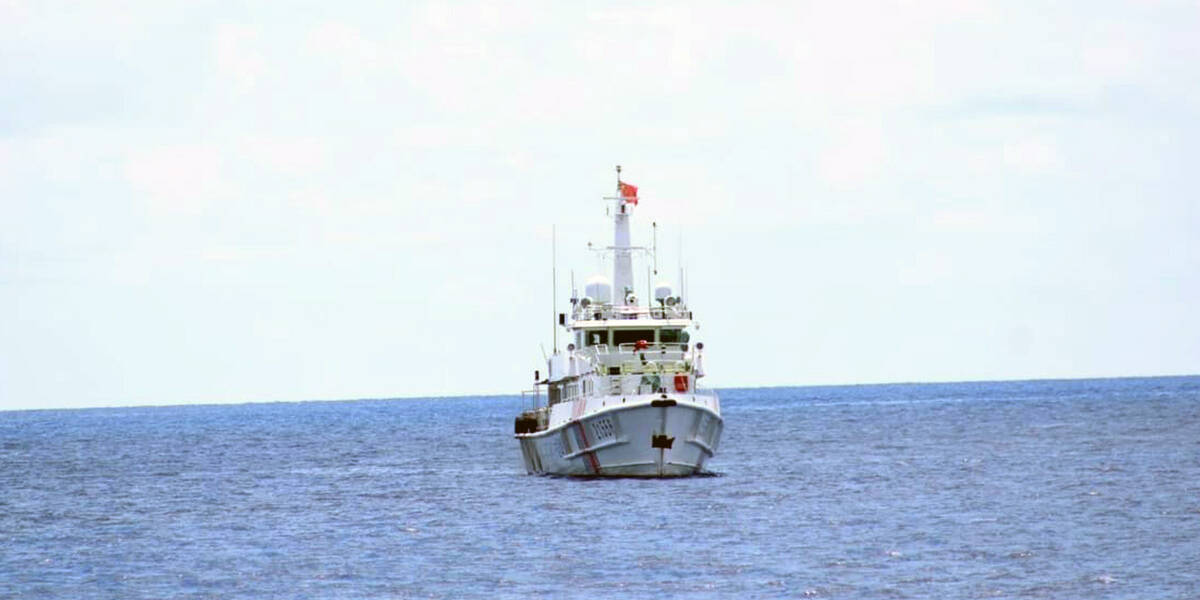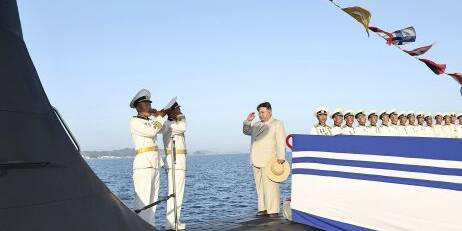Dr. Stephen Nagy for the Pacific Forum
Critics of Japan’s Free and Open Indo-Pacific (FOIP) vision conflate it with an anti-China containment strategy. They see it as an extension of the former Trump administration’s Indo-Pacific strategy. Others see the “free and open” aspect of FOIP as hypocritical as Japan actively courts non-democratic states to support its FOIP vision, such as through the recent Japan-Vietnam summit and activities with countries considered flawed democracies, such as India.
These interpretations misread FOIP’s strategic imperatives. First, conceptualizing FOIP as an anti-China containment strategy overlooks deep and mutually beneficial Sino-Japanese economic ties. To illustrate this, in 2020, a year in which China’s unfavorably ratings remained at record lows in Japan, we saw deepening Japanese exports to China, equivalent to $141.6 billion (and 22.1% of total Japanese exports).
If we include the $44.4 billion (6.9%) of Japan exports to Taiwan and the $32 billion (5%) of exports to Hong Kong, exports to greater China represent at least $218 billion or 33.1% of Japan’s total exports, nearly twice that of the US at $118.8 billion (18.5%). Economic decoupling is not possible nor desirable, a sentiment shared by most of China’s trading partners.
We have also seen Japan’s willingness to cooperate with China on infrastructure and connectivity in third countries based on the principles of transparency, fair procurement, and economic viability, to be financed by repayable debt and to be environmentally friendly and sustainable.
In surveys conducted by the Japan Bank for International Cooperation (JBIC), China returned to its position as the most promising country in terms of trade in FY2020 survey. Its return to the top of the JBIC survey ranking was related to COVID-19 policies that kept supply chains mostly intact and operational, allowing for the resumption of economic activity. China compared very favorably to India, which experienced a severe nationwide lockdown and the associated disruption in the economy.
Second, FOIP’s “free” and “open” do not reference democracy or freedom of press advocacy; they refer to trading regimes, sea lines of communication, and the digital economy being rules-based, transparent, and arbitrated by international law and/or multilateral agreements. Japan has a long track record of working with partners regardless of their political system, commitment to democracy, or human rights track record. Japan-Iran, Japan-Vietnam, and Japan-China energy and economic cooperation are cases in point.
Click here to read the full article at The Pacific Forum.
Dr. Stephen Nagy (nagy@icu.ac.jp) is a senior associate professor at the International Christian University in Tokyo, a senior fellow with the MacDonald Laurier Institute (MLI), a fellow at the Canadian Global Affairs Institute (CGAI) and a visiting fellow with the Japan Institute for International Affairs (JIIA). Twitter handle: @nagystephen1.
Related Analyses
September 15, 2024
West Philippine Sea: Several factors force BRP Teresa Magbanua to return – PCG
0 Comments1 Minute


